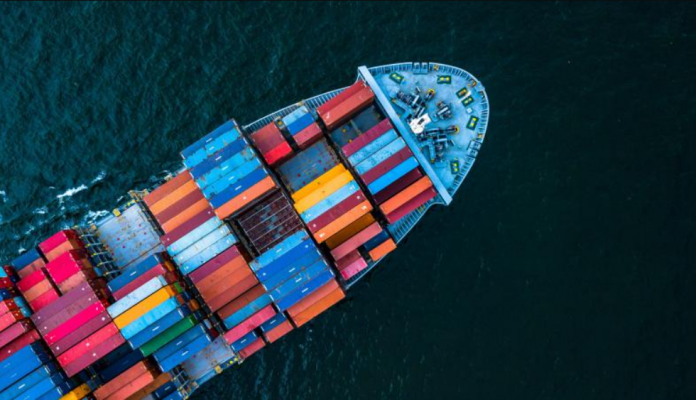The Mærsk Mc-Kinney Møller Center for Zero Carbon Shipping has partnered with Maersk Broker Advisory Services and McKinsey & Company to offer data-based advisory services on decarbonisation pathways, in an effort to accelerate the decarbonisation of the maritime industry.
Maersk Broker Advisory Services and McKinsey & Company had announced their partnership in July 2021 and since then, the Center has participated in a pilot project to validate the concept and collaboration model.
As the result of the pilot was positive, the three parties have now formalised the agreement and will now start offering the services in the market.
The service called Fleet Decarbonization Optimizer, which combines industry knowledge and techno-economic analytical capabilities across the three parties, will advise shipowners, operators and governments in defining their decarbonisation roadmap and strategy.
Together, the three partners will model customised decarbonisation pathways, taking into consideration data points like fleet size, fleet age, vessel specifics and types of operations.
“The partnership with Maersk Broker Advisory Services and McKinsey can help accelerate the transition by offering bespoke, data-based advice on viable ways forward,” stated Bo Cerup-Simonsen, CEO of the Mærsk Mc-Kinney Møller Center for Zero Carbon Shipping.
“This new way of activating and leveraging our publicly available tools, our modelling skills and knowledge ensures close interaction with the shipping industry and will inform our research and activities going forward as we learn even more about the concrete, practical challenges the shipping companies face,” he added.
Factors such as uncertainty around future fuels and technologies, lack of global standards and regulation and limited visibility on timelines, have made the investment case to decarbonise the maritime industry by 2050 challenging.
The Center’s goal is therefore to de-risk fleet decarbonisation plans by advising on:
• Retrofits of energy efficiency technologies to reduce future emissions and energy demand
• Retirement schedule of legacy vessels for continued fleet optimisation
• Newbuilds including proposed alternative fuels and propulsion
Anders Hald, CEO of Maersk Broker, noted that as the industry has to decarbonise but most companies are hesitant to initiate a transition due to the considerable uncertainty on what the future holds, the Fleet Decarbonization Optimizer brings forward “the best available data” to the industry so companies can make well-informed investment decisions and navigate the uncertainty.







